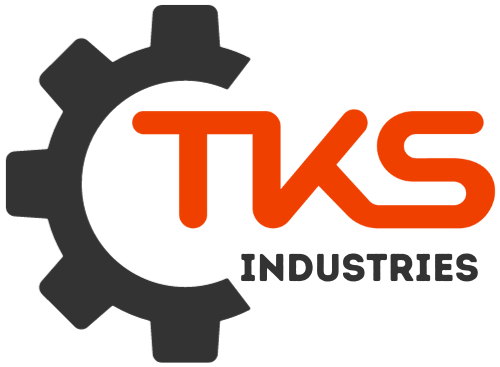[ad_1]
Stepping into the World of Used Molding Machines: A Guide for Smart Buyers
The allure of a used molding machine for your manufacturing needs is undeniable. Savings are tempting, but venturing into this market requires a strategic approach. Just like navigating a bustling marketplace, buying a used molding machine demands knowledge and careful consideration.
Demystifying the Options:
The first step is understanding the vast landscape of used molding machines.
- Injection Molding Machines: Ideal for mass-producing high-precision plastic parts, these machines come in various tonnage capacities to suit different production needs.
- Compression Molding Machines: Used for shaping thermoset materials (like bakelite), these machines exert pressure on heated materials within a mold.
- Blow Molding Machines: Perfect for creating hollow plastic objects like bottles and containers, these machines utilize pressurized air to inflate a plastic tube within a mold.
Evaluating Your Needs:
Before embarking on your search, clearly define your manufacturing requirements.
- What materials will you be molding? Different machines specialize in specific materials.
- What size and type of parts are you aiming to produce? Tonnage capacity and mold size are crucial considerations.
- What is your production volume? Choose a machine that aligns with your anticipated output.
Inspecting the Market:
- Online Marketplaces: Platforms like eBay, MachineryTrader, and industry-specific marketplaces offer a wide selection of used machinery.
- Industrial Auctions: Auctions can present lucrative opportunities, but thorough research and careful bidding strategies are essential.
- Used Equipment Dealers: Specialized dealers provide pre-inspected and serviced machines, offering peace of mind.
Conducting a Thorough Inspection:
Never skip the inspection stage. A qualified technician should meticulously examine the machine for:
- Wear and tear: Look for signs of excessive wear on moving parts, hydraulic systems, and electrical components.
- Functional capabilities: Test all operational aspects, including mold clamping, injection/compression cycles, cooling systems, and safety features.
- Documentation: Ensure all manuals, maintenance records, and certifications are present.
Negotiating and Closing the Deal:
Once you’ve found a suitable machine, thoroughly negotiate the price, payment terms, and delivery logistics. Obtain a written contract that clearly outlines all agreed-upon terms.
Investing in the Future:
Buying a used molding machine can be a smart investment, but it requires due diligence and careful planning. By following these guidelines, you can navigate the market confidently and secure a reliable machine that meets your specific manufacturing needs.
[ad_2]
